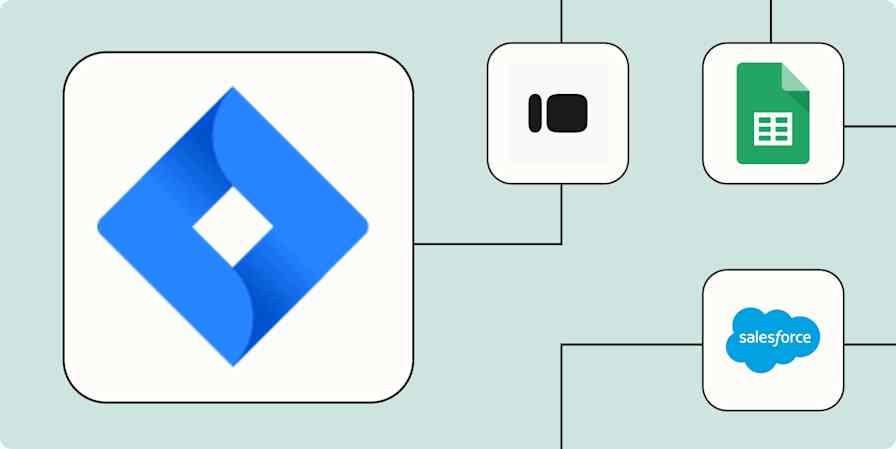Business tips
8 min read21 project management templates to organize any workflow
By Bryce Emley · February 6, 2024

Get productivity tips delivered straight to your inbox
We’ll email you 1-3 times per week—and never share your information.
Related articles
Improve your productivity automatically. Use Zapier to get your apps working together.









